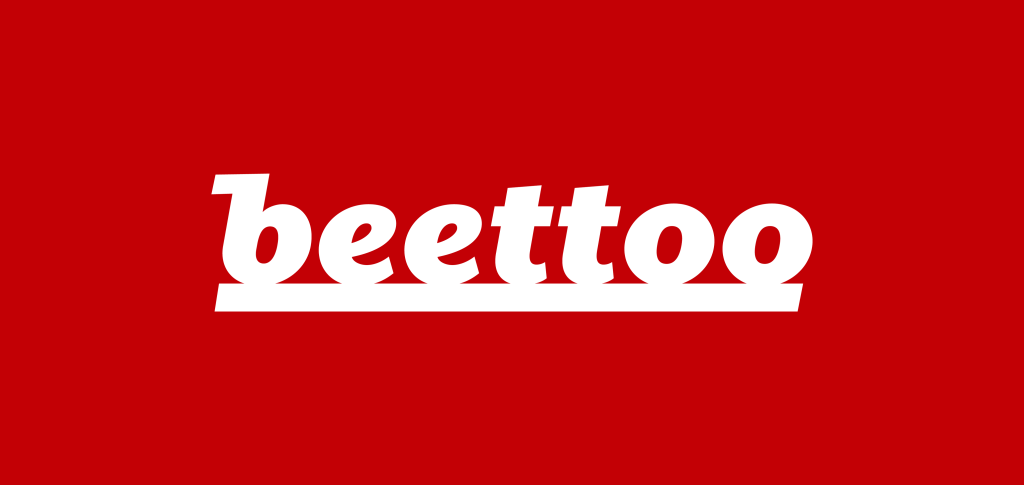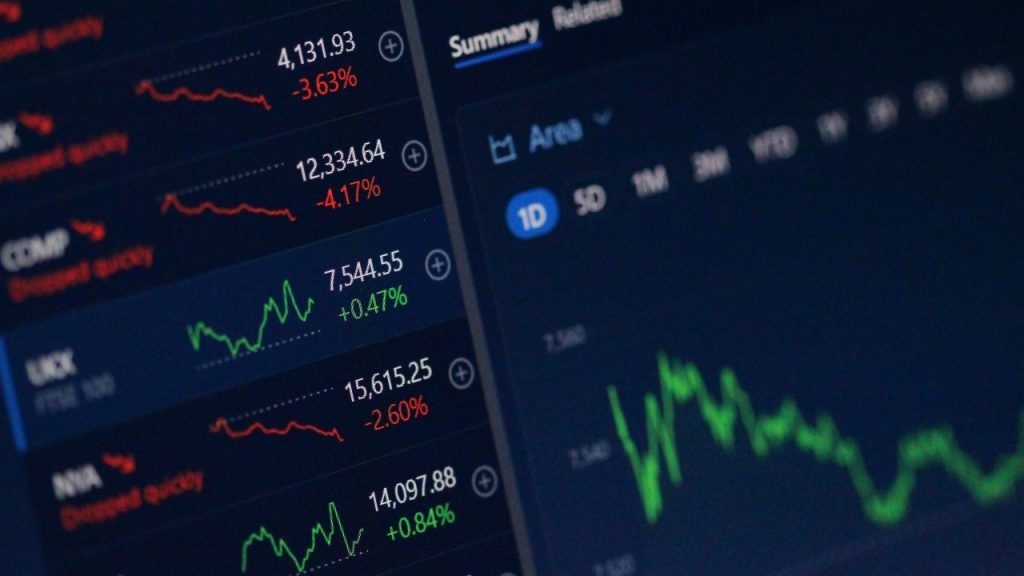By Stuart Giddings
In an increasingly complex B2B marketing world, the traditional specialist agency has lost its value. What once were established “specialist” capabilities – media planning, buying, demand generation, content creation and the like – have become increasingly commoditised.
The added value and innovations that many specialist agencies promise have been hamstrung by thinning resources, inefficient cost models, a lack of genuine specialist knowledge and an inability to scale teams quickly. Traditional agencies struggle to simply manage the new complexity, let alone help clients thrive in it.
B2B marketers, feeling the stress of the BANI (Brittle, Anxious, Nonlinear, Incomprehensible) era, require a more flexible model from their agency partners that combines human and artificial intelligence, scalable, on-demand expertise and deep B2B specialism across all channels.
I have been involved with B2B specialist agencies in one form or another for nearly three decades. Over that time, the market – and marketing – have evolved significantly, but the agency model has largely stayed the same.
It’s time for something different.
Why traditional agency models are struggling
In the pre-digital era, most marketing needs could be met by a B2B agency focused on traditional media channels (print, broadcast, out-of-home). But as B2B marketing matured in the 1990s and 2000s, the industry saw longer buying cycles, expanded buying teams, and decision-making driven more by content than traditional “push” advertising.
Specialist partners emerged as a response to the growing need for depth over breadth. B2B marketers didn’t just want broad creative or traditional media capabilities – they needed technical accuracy, channel fluency, deep audience understanding and strategic precision. Specialist partners addressed several key pain points, including:
- Data expertise: B2B buyers are digitally savvy and expect a value exchange. Specialist partners could bring data insights in areas such as intent, to help drive engagement.
- Marketing channel specialisation: As digital matured, so did the complexity of channels, spanning programmatic, SEO, paid search, paid and organic social, audio, DOOH and ABM platforms. Specialist partners allowed clients to tap into best-in-class talent for each distinct area.
- Measurable performance: B2B marketing was increasingly about outcomes – MQLs, pipeline, influenced revenue – not impressions or awards. Specialist performance and analytics partners helped marketers get serious about attribution, dashboards and optimisation.
- Faster, leaner execution: With smaller, focused teams, specialist partners could often move faster and operate more efficiently than large, bureaucratic agency networks. This was especially valuable for lean B2B teams trying to do more with less.
The model worked well, until it didn’t. As market complexity has increased, B2B marketers now face a new set of challenges:
- Coordinating an agency with a growing stable of niche partners has created onboarding and orchestration headaches for procurement and marketing teams.
- Inevitable overlap among specialist partners and the lead agency has driven up costs while reducing the return on specialist services.
- Siloed teams and disjointed reporting have further diluted the value of specialist partners. Clients want channel integration, with a seamless flow and easily trackable reporting across the entire buyer journey.
- The outputs of specialist agencies have also become increasingly commoditised due to traditional high-cost models, with strategic vision and innovation replaced by process administration and “box checking”. Where’s the strategic value in an agency sending out a templated RFP that’s managed by a junior media planner?
These challenges led many organisations to bring more marketing capabilities in-house, while filling gaps in skills or scale with freelance specialists. But whilst post-pandemic workforce shifts (churn, remote work, early retirements) have made high-calibre freelance talent more accessible, the rise of the gig economy makes it harder to manage freelance resources at scale and control quality, especially across multiple regions.
The emergence of generative AI tools and platforms is accelerating the demise of the traditional specialist model. These tools are automating tasks that once justified entire specialist teams, creating downward pressure on agencies built around executional services. In the Marketing AI Institute’s 2025 State of Marketing AI Report, 82% of marketing professionals said reducing time spent on repetitive, data-driven tasks was a primary outcome they were looking to achieve with AI.
The B2B specialist agency model was a logical and necessary evolution. It brought focus, expertise, and performance orientation to a marketing world that had outgrown full-service generalists. But in today’s environment of platform convergence, rising internal expectations, and tighter budgets, the model must evolve.
The case for a new B2B agency model
There will always be a need for specialist partners. But a better model is surfacing, characterised by lower fixed costs, “just-in-time” execution, and on-demand specialist resource.
In a recent debate on The Drum, ”The Advertising Agency Model is Dead”, Raffi Salama, co-founder of Passionfruit, argued that traditional agencies are increasingly struggling to provide the level of value that brands expect. As their most experienced talent migrates beyond the agency structure to work independently or for startups, agencies can no longer draw upon their expertise for the benefit of clients – and clients are noticing.
The agency promise was that brands would have access to their best minds to deliver top creative and strategic thinking, and, as Salama points out, this failure to deliver is fundamentally undermining the agency-brand relationship. If agencies can’t deliver this value, what value do they provide?
It’s no longer enough for a B2B specialist agency be expert in a channel or vertical – it must be an integrator, an orchestrator, and a value translator.
The agency I founded, Beettoo, was built from the ground up to address the increasingly complex needs of modern B2B marketers. Beettoo is not a traditional agency, a freelance staffing platform, or a loose network of agencies; we are a new kind of partner, deploying a “liquid resource” model that blends fixed resources, curated, on-demand freelance talent, and human and artificial intelligence all delivered through one agency, to drive better value for B2B marketers.
Our agency is different by design, providing deep B2B expertise at every stage in a more agile and cost-effective way. We believe in the importance of connecting brand to demand, content to media and, unlike many B2B agencies, we give equal weight to both. We can tailor our specialist teams to meet the requirements of our clients, from topical expertise to local presence, and integrate seamlessly with internal teams.
Stop looking backwards
Marketing complexity is only going to increase. What worked in the past won’t work tomorrow. To help navigate this uncertainty, marketers need agencies that don’t look or act like traditional agencies. The future belongs to those who can orchestrate, not just execute.
Don’t wait for your agency to reinvent itself – change before you have to.





